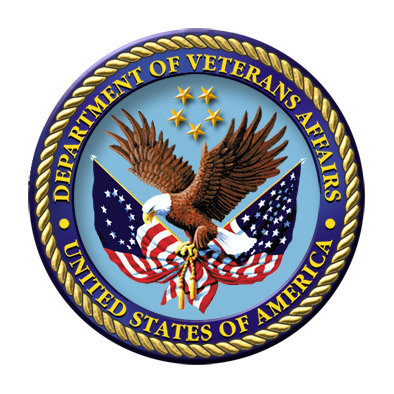
Discover Your Path in Recreational Therapy at ASU
Arizona State University offers flexible learning pathways to fit your career goals in recreational therapy/therapeutic recreation.The variety of educational opportunities at ASU prepare you for work across healthcare, human services, and recreation, supported by structured curriculum options and resources tailored to your success.
Community-Engaged Learning
At Arizona State University, students will learn about recreational therapy through immersive, hands-on learning that extends beyond the classroom. Being located in the Phoenix metropolitan area provides students with unique access to a wide range of organizations that actively support and collaborate with the program. Many of these partners co-create learning opportunities, serve as hosts for practicum and internship experiences, support SCRD student club activities, and help ensure that students are well-prepared to enter the field. This intentional connection to the community also reflects the program’s commitment to COAPRT-accredited standards, where students demonstrate the ability to apply knowledge, skills, and evidence-based practices in real-world contexts.
Students also benefit from opportunities for interprofessional education on the downtown Phoenix Biomedical Campus, where they can engage with peers across health, human service, and education disciplines. These experiences prepare graduates to work as part of collaborative care teams while addressing the diverse needs of individuals and communities.


